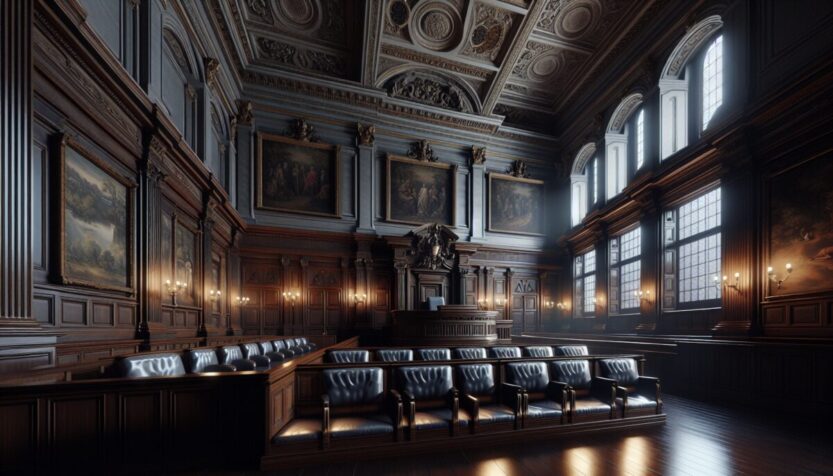The integrity of elections is a cornerstone of democracy, and the Supreme Court of the United States plays a pivotal role in maintaining that integrity. As the nation approaches another presidential election cycle, the actions and decisions of the Supreme Court are under intense scrutiny. The Court’s handling of election-related cases has significant implications for public trust in the electoral process and the overall health of democracy.
Historical context of the Supreme Court’s involvement in elections
Historically, the Supreme Court has been called upon to adjudicate disputes arising from elections, often in moments of national crisis. The aftermath of the 2020 presidential election highlighted the Court’s reluctance to engage with challenges to the election results, particularly those brought forth by supporters of former President Donald Trump. Critics argue that the Court’s silence during this tumultuous period undermined its role as a guardian of democracy. Legal experts, such as Tom Goldstein, emphasized the need for the justices to affirm the legitimacy of the election results to reassure a divided nation.
The current landscape of election-related litigation
As the 2024 election approaches, the landscape of election-related litigation is becoming increasingly complex. With over 100 ongoing cases, both Republican and Democratic factions are actively challenging voting procedures and regulations. Republican lawyers have been particularly focused on creating doubt about the electoral process, while Democrats and voting rights advocates are working tirelessly to protect access to the ballot. This legal battleground raises concerns about the potential for misinformation and distrust to permeate the electoral process.
The implications of recent Supreme Court decisions
Recent decisions by the Supreme Court have further complicated the electoral landscape. For instance, the Court’s approval of voter purges in Virginia has raised alarms about the disenfranchisement of eligible voters. Such actions not only fuel conspiracy theories surrounding voter fraud but also jeopardize the fundamental right to vote. In Pennsylvania, a critical case regarding provisional ballots could impact tens of thousands of votes, highlighting the stakes involved in the Court’s decisions. As the justices navigate these contentious issues, their rulings will undoubtedly shape the narratives surrounding the 2024 election.
Public trust and the future of democracy
The relationship between the Supreme Court and public trust in the electoral process is intricate. Many citizens are wary of the Court’s ability to act as a bulwark against anti-democratic forces, especially given the political affiliations of some justices. The Court’s perceived indifference to election denialism and its failure to address the fallout from the January 6 insurrection have contributed to a growing skepticism about its role in safeguarding democracy. As the nation gears up for another election, it is crucial for voters to remain vigilant and engaged, ensuring that their voices are heard amidst the legal and political machinations at play.

